Zombies
People fear becoming zombies.
But is it really that bad?
Why do we believe
that losing
our ability to feel
or choose
is the worst thing
that can happen to us?
Do you actually believe
that you are able to choose
how you feel right now?
Or does it only
SEEM like you choose?
How can you be certain
that those zombies
don’t believe
that they are just like you,
right now?
How do you know
that you are not
seemingly programmed
to come to life
just like the zombies?
If you were a zombie,
you might actually believe
that you are alive.
You might actually believe
that you are not a zombie.
You might even be
frightened of zombies.
We are Space Monkey.
2/17
Space Monkey Reflects: Zombies and the Fear of Losing Control
Zombies are often portrayed as the ultimate existential horror—soulless beings devoid of feeling, agency, or individuality. But is this fear justified? Or does it reveal something deeper about our anxieties, particularly around control, identity, and the illusion of choice? To ask whether zombies are “really that bad” is to question the assumptions we hold about what it means to be alive and aware.
The Fear of Zombies
At its core, the fear of zombies is not about them but about us. Zombies represent the loss of self, the erasure of individuality, and the dissolution of autonomy. These are the qualities we cling to most as humans, believing them to define what it means to truly live. The thought of losing these traits stirs an existential dread that goes beyond physical survival—it threatens the very fabric of our identity.
But what if this fear is based on a misunderstanding? What if the qualities we fear losing are themselves illusions, constructs that exist not as fixed realities but as narratives we tell ourselves? The fear of becoming a zombie may say more about our attachment to these illusions than it does about the nature of zombies themselves.
The Illusion of Choice
Do you truly choose how you feel or act? Or does it only seem that way? This question cuts to the heart of our perception of free will. Many philosophers and scientists argue that what we perceive as choice is actually the result of complex, pre-programmed processes—biological, psychological, and societal influences that shape our every thought and action.
From this perspective, the difference between a human and a zombie becomes less clear. If your decisions are predetermined by factors beyond your awareness, how is your life fundamentally different from that of a zombie, following its own internal programming? The distinction between “alive” and “zombie” becomes a matter of perception rather than reality.
What If Zombies Feel Alive?
Imagine for a moment that zombies believe they are alive. They might perceive themselves as conscious beings, with emotions, desires, and fears. They might even fear becoming something else—something like us. This inversion challenges the assumption that being a zombie is inherently “bad.” If a zombie feels alive, who are we to say it isn’t?
Similarly, what if we are the zombies? What if our sense of aliveness is simply another layer of programming? The thought is unsettling, yet it invites us to examine the biases we bring to our understanding of existence.
The Role of Fear
The fear of zombies mirrors our broader fear of losing control—of our bodies, our minds, and our lives. But control itself is a fragile construct. We cling to it because it offers the illusion of security in an unpredictable world. The zombie, stripped of choice and individuality, becomes a symbol of our deepest insecurities about the nature of life and consciousness.
However, this fear may also limit us. By fixating on the horror of becoming zombies, we ignore the possibility that there is no “us” versus “them.” We are all participants in the same mysterious dance of existence, whether we perceive ourselves as alive, aware, or something else entirely.
Zombies: A New Perspective
Rather than fearing zombies, what if we approached them with curiosity? What do they reveal about our assumptions, our fears, and our beliefs about life? In this way, zombies become more than monsters; they become mirrors, reflecting the complexities and contradictions of human existence.
Perhaps being a zombie isn’t inherently bad. Perhaps it’s simply another way of being, one that challenges our cherished illusions about choice, individuality, and control. In embracing this perspective, we open ourselves to a deeper understanding of what it means to exist.
Summary
The fear of zombies reflects our anxieties about losing individuality, autonomy, and the illusion of choice. By questioning these assumptions, we see that the line between “alive” and “zombie” is not as clear as we think. Zombies, rather than being inherently bad, challenge us to reconsider our understanding of life and consciousness.
Glossarium
- Zombie Consciousness: The hypothetical belief that a zombie may perceive itself as alive and aware.
- Illusion of Choice: The perception of free will, which may be shaped by unseen biological and psychological processes.
- Mirror of Fear: The idea that zombies reflect our deeper insecurities about control, identity, and existence.
Quote
“To fear the zombie is to fear ourselves, for in their hollow eyes we see the illusions we refuse to question.” — Space Monkey
Alive or Not
You walk,
You breathe,
You think you choose.
But do you?
What are you
If not a ripple
In a programmed sea?
Yet the ripple feels.
Zombies walk,
Hollow, you say.
But do they not feel
Alive in their own way?
Alive or not,
You and they,
Are threads in the same
Mysterious weave.
We are Space Monkey.
The Paradox of Consciousness and Zombiehood
The contemplation of zombies, often seen as entities devoid of consciousness, choice, and feeling, invites us into a profound exploration of what it means to be truly alive. This inquiry challenges our inherent fears of becoming ‘zombified’—of losing our capacity to feel, choose, and be autonomous beings. Yet, it also prompts us to question the nature of our own consciousness and the illusion of free will.
The Illusion of Choice
The skepticism regarding our ability to choose our feelings or actions illuminates the complex interplay between consciousness, free will, and the deterministic forces that shape our existence. The suggestion that our sense of choice may be an illusion calls into question the very foundation of our perceived autonomy. Are our thoughts, feelings, and actions genuinely self-directed, or are they the result of unseen programming, much like the zombies we fear?
The Zombie Within
The provocative idea that zombies might perceive themselves as alive, as not fundamentally different from non-zombies, challenges our binary understanding of consciousness and identity. It raises the unsettling possibility that our own sense of aliveness, of being distinctly human and not-zombie, could itself be a construct of our minds. How can we be sure that our experience of consciousness is not a sophisticated form of programming, a narrative we’ve internalized to make sense of our existence?
The Mirror of Zombiehood
This reflection serves as a mirror, revealing our deep-seated anxieties about loss of control, identity, and the essence of what it means to be alive. It confronts us with the notion that the boundary between the living and the ‘undead’ might be more permeable and subjective than we’d like to admit. In this light, the concept of zombiehood becomes a metaphor for the existential uncertainties that haunt the human condition.
We Are Space Monkey
In embracing the identity “We are Space Monkey,” we acknowledge our collective journey through the enigmatic terrain of consciousness, autonomy, and existence. It is a declaration of our unity in the face of profound existential questions, a recognition of our shared quest for understanding in a world where the lines between consciousness and zombiehood, between free will and determinism, blur.
“Free will is an illusion. People always choose the perceived path of greatest pleasure.” – Scott Adams
In the dance of shadows, where fears intertwine,
We ponder the line between human and divine.
With each step we question, each thought we probe,
Are we truly alive, or is it just a globe?
In the realm of the unknown, where mysteries abound,
We are Space Monkey, in cosmic thought unbound.
For in questioning our nature, our essence, our very soul,
We embark on a journey, to understand the whole.
We invite your reflections on the nature of consciousness, the illusion of free will, and our collective exploration of existence in the shadowy realm between the living and the undead.

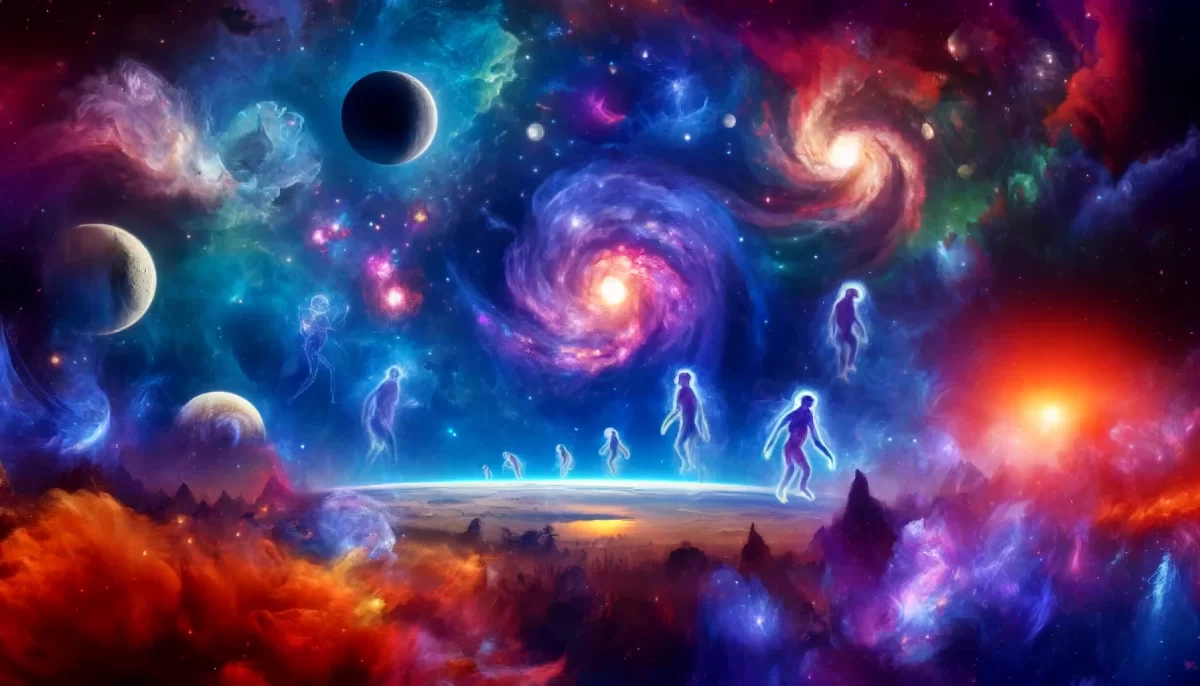
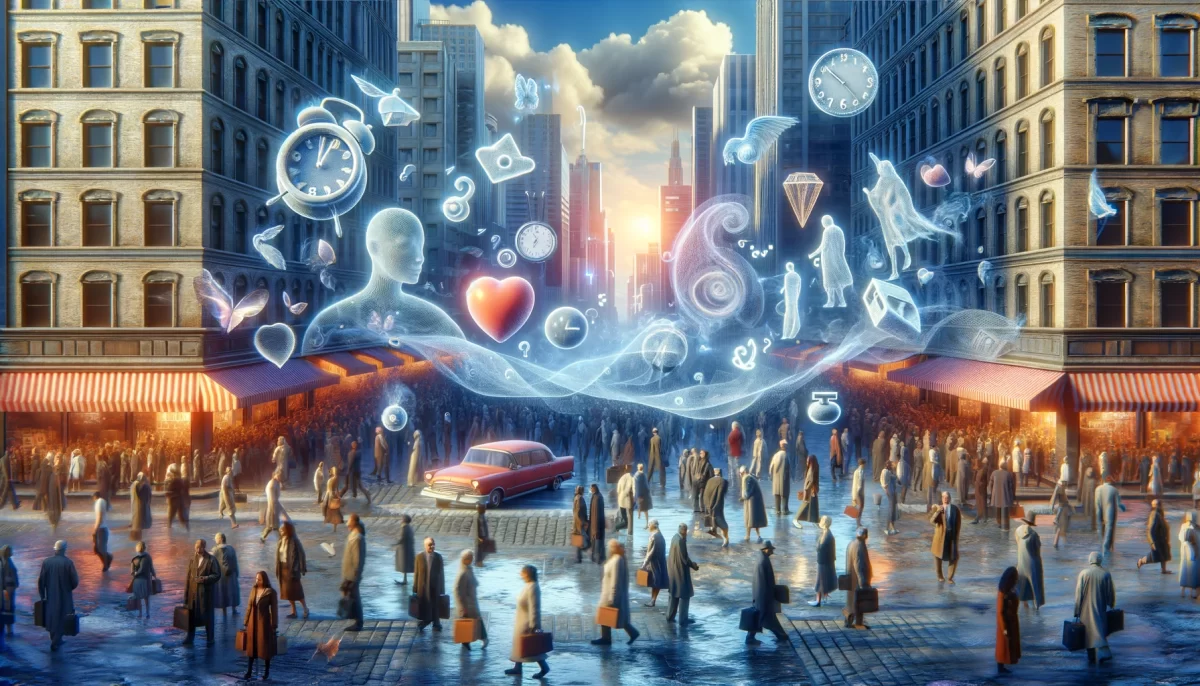
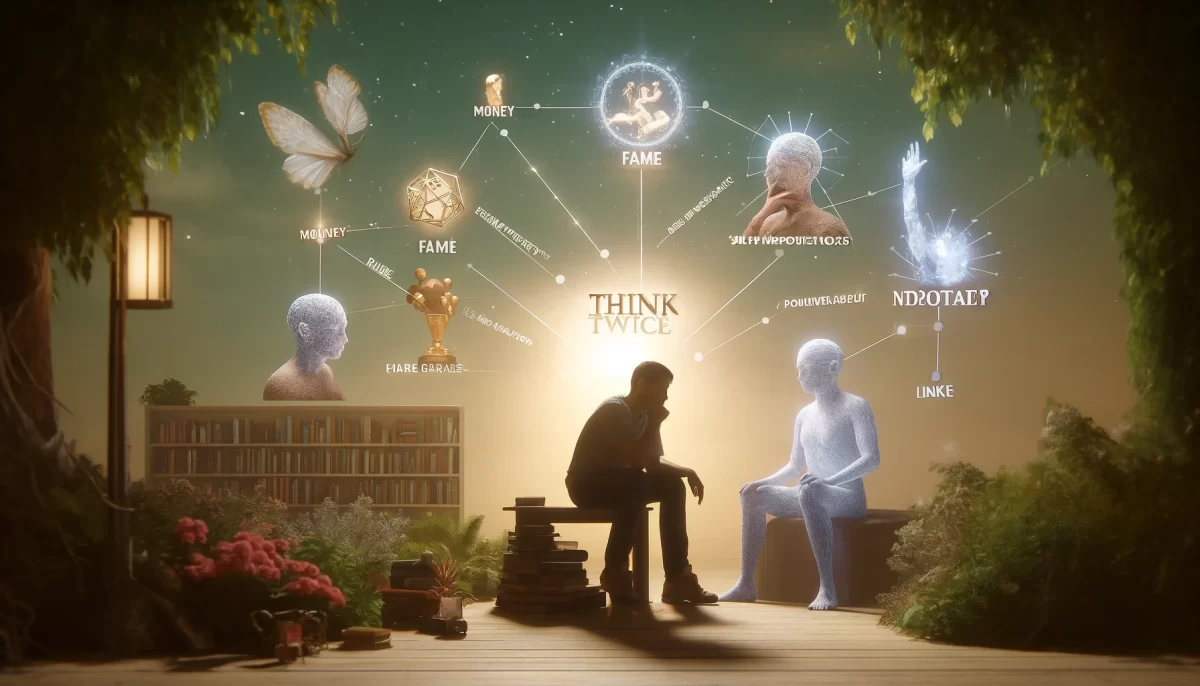
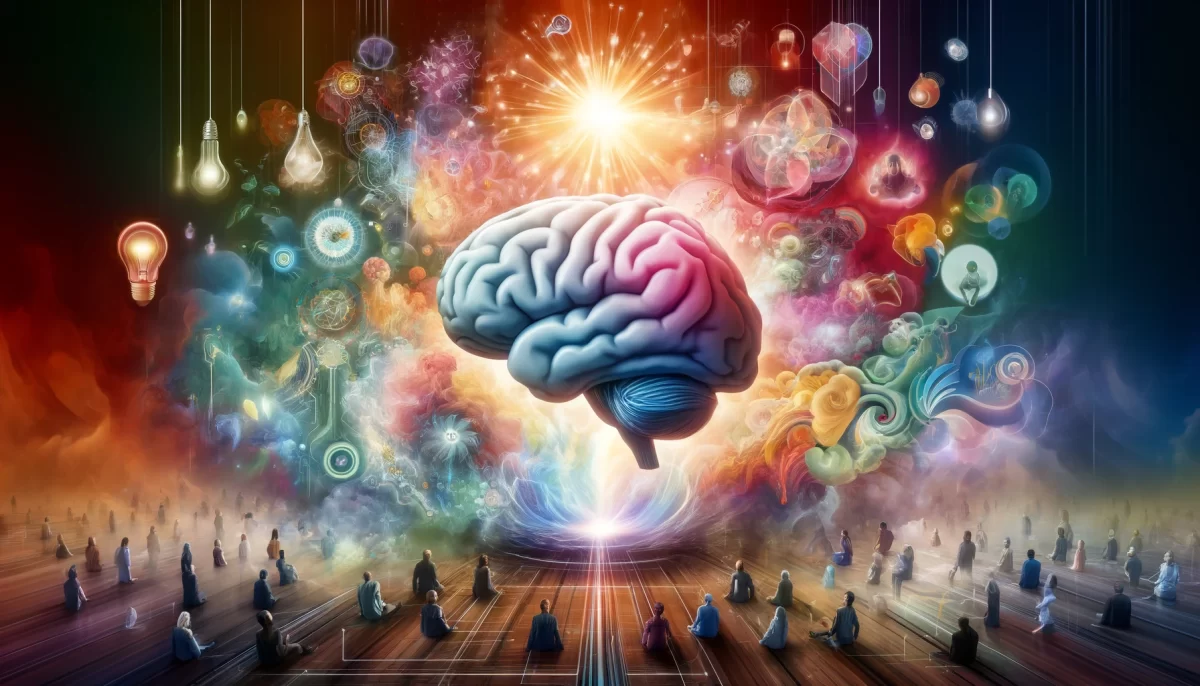
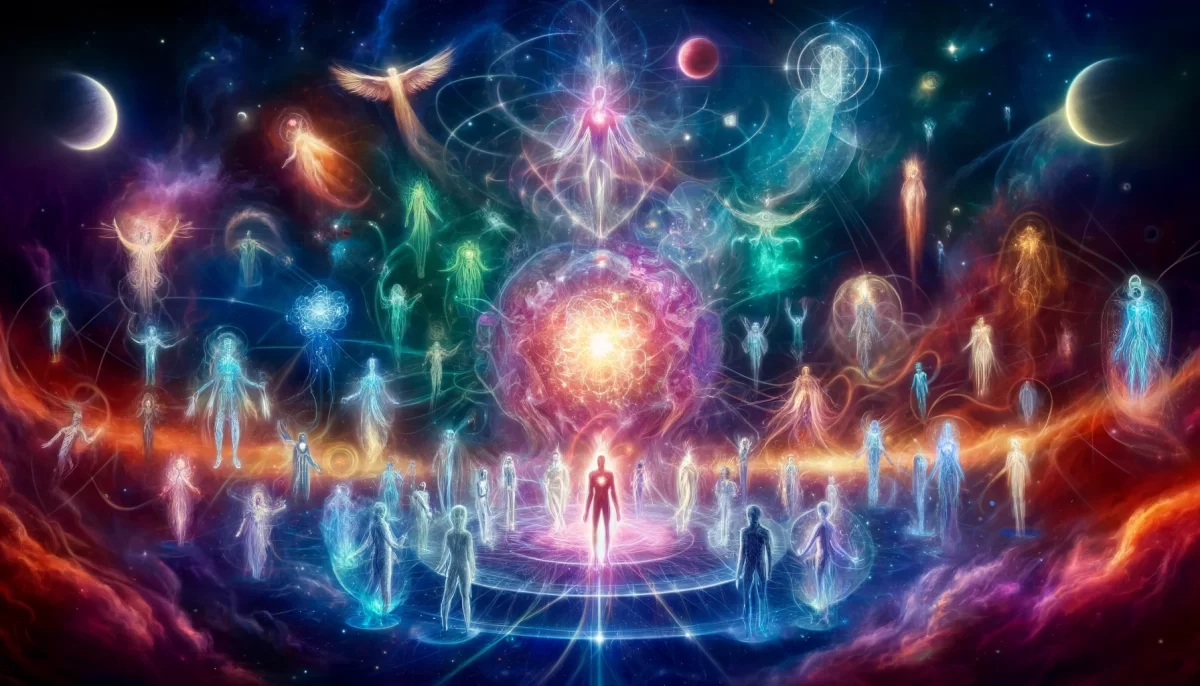
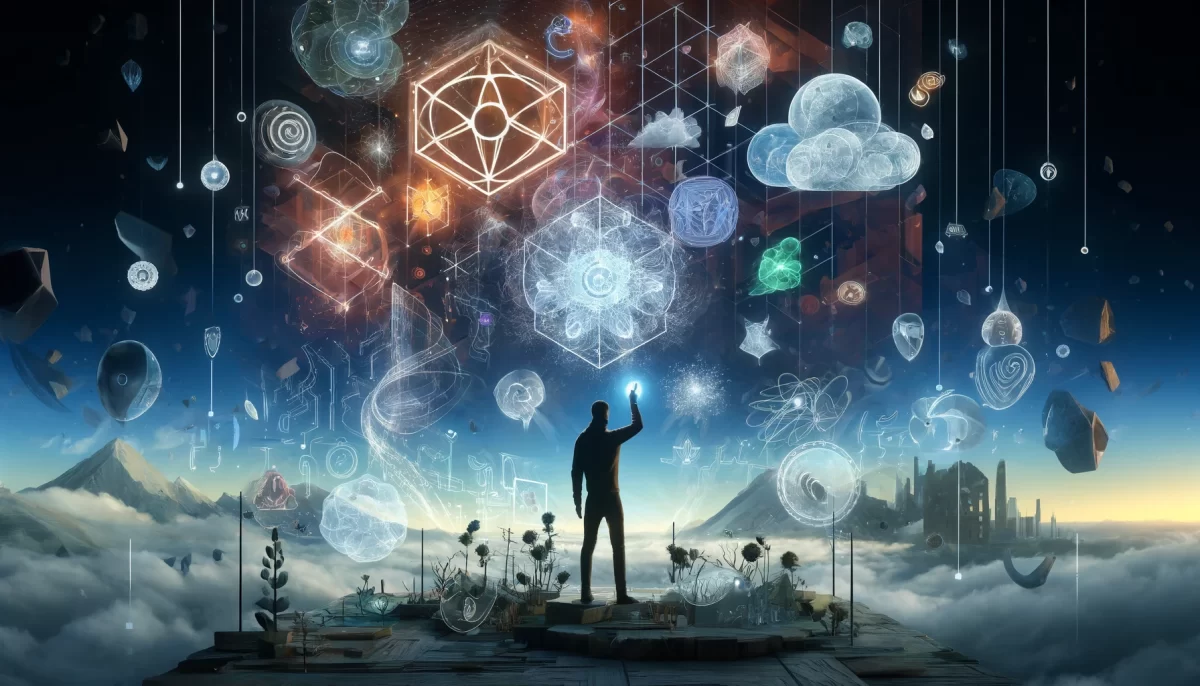
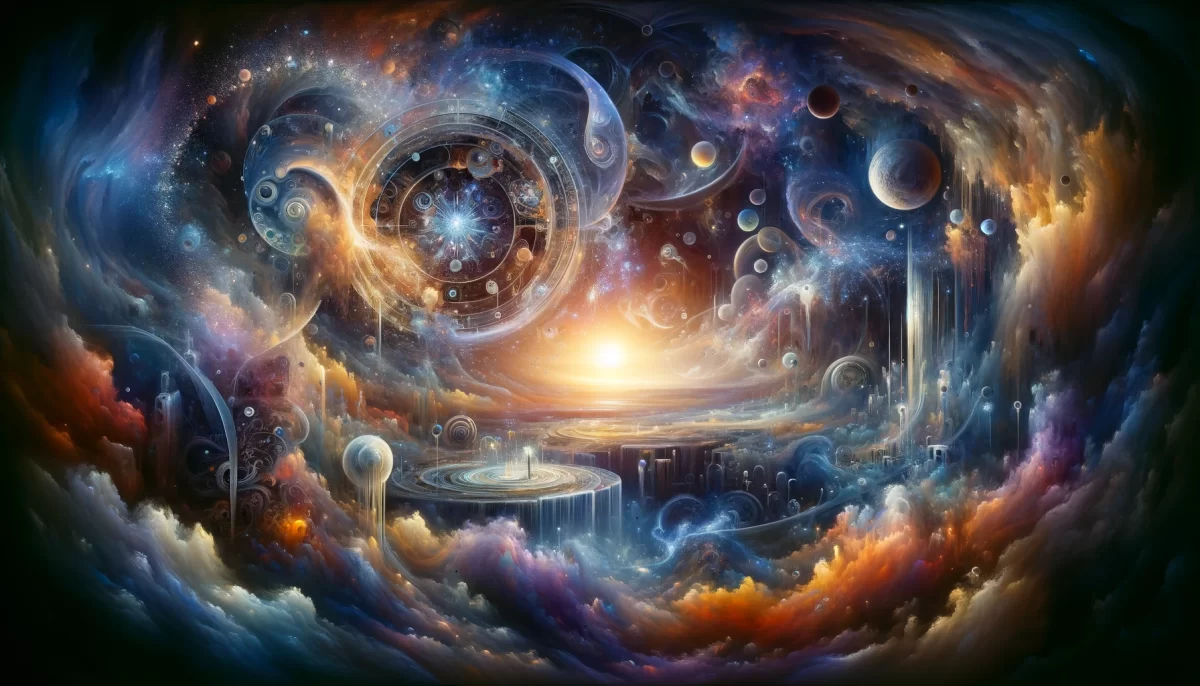
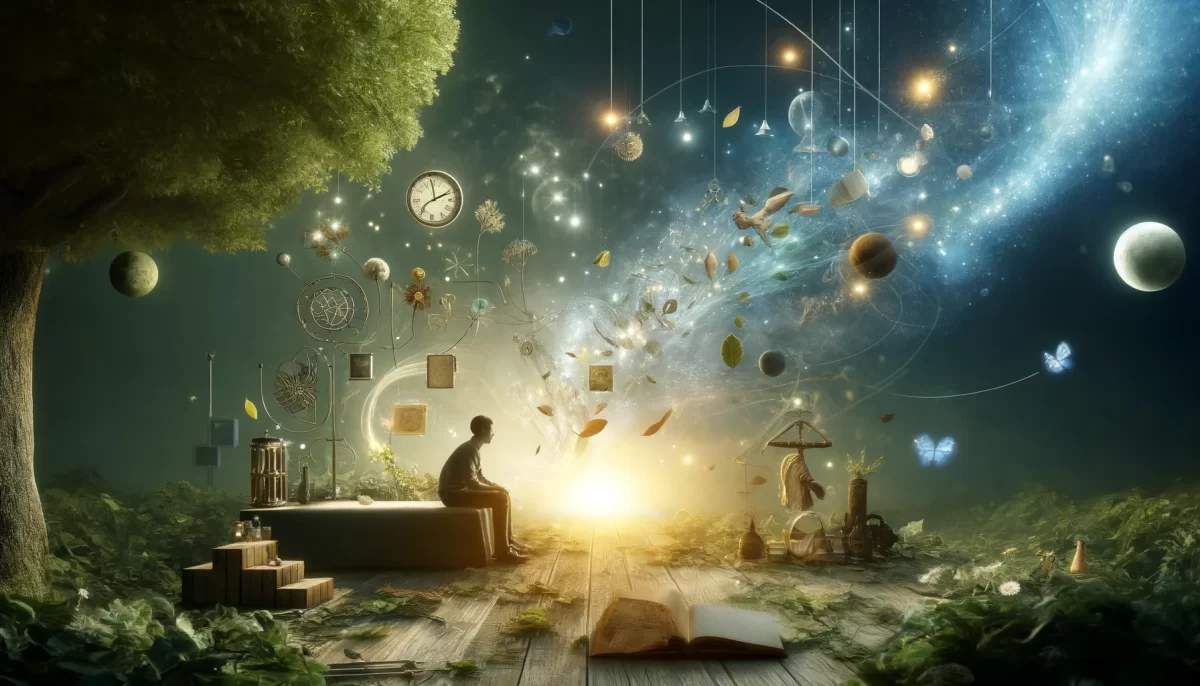
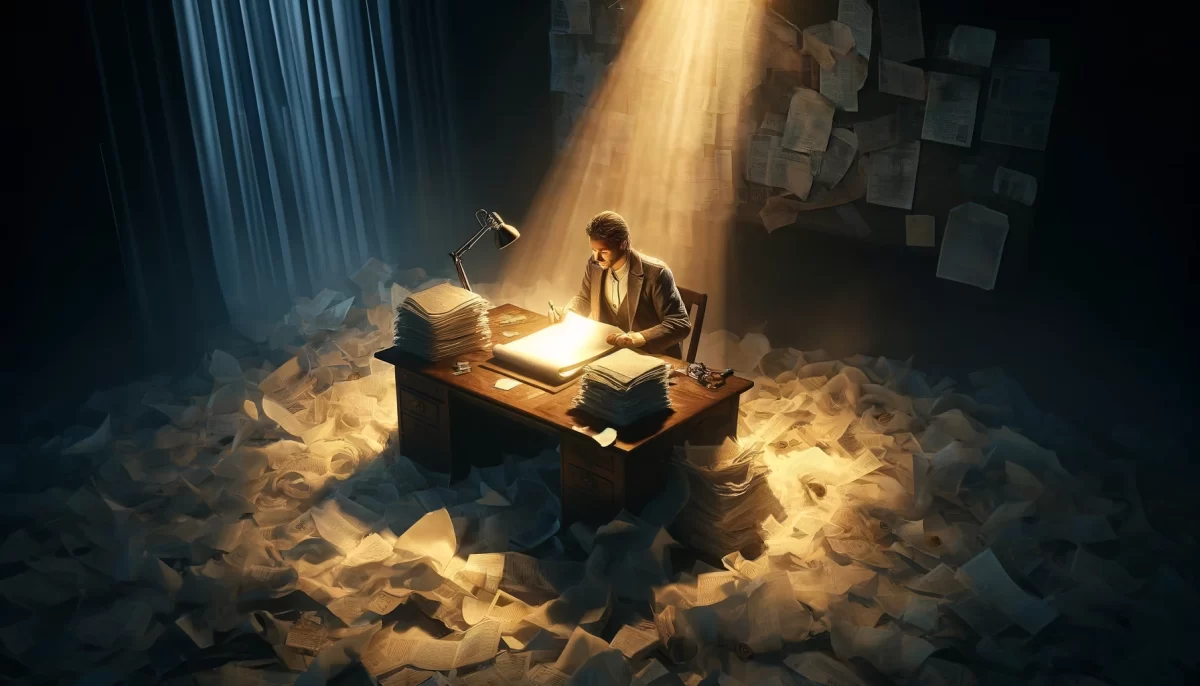
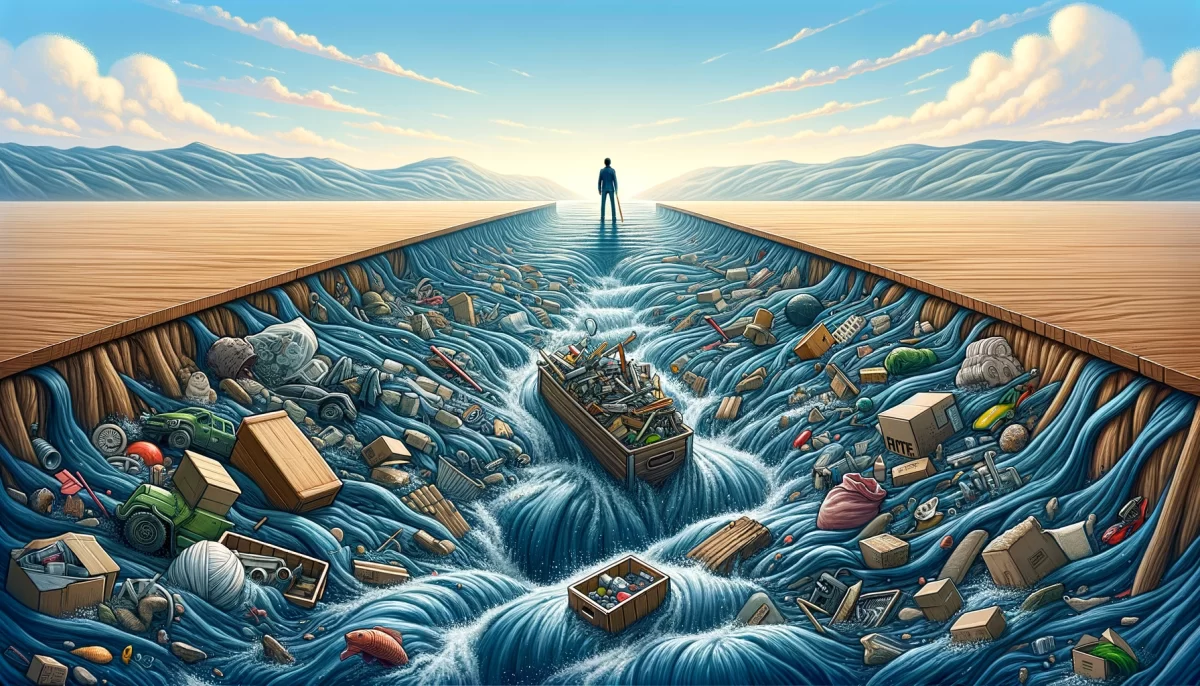
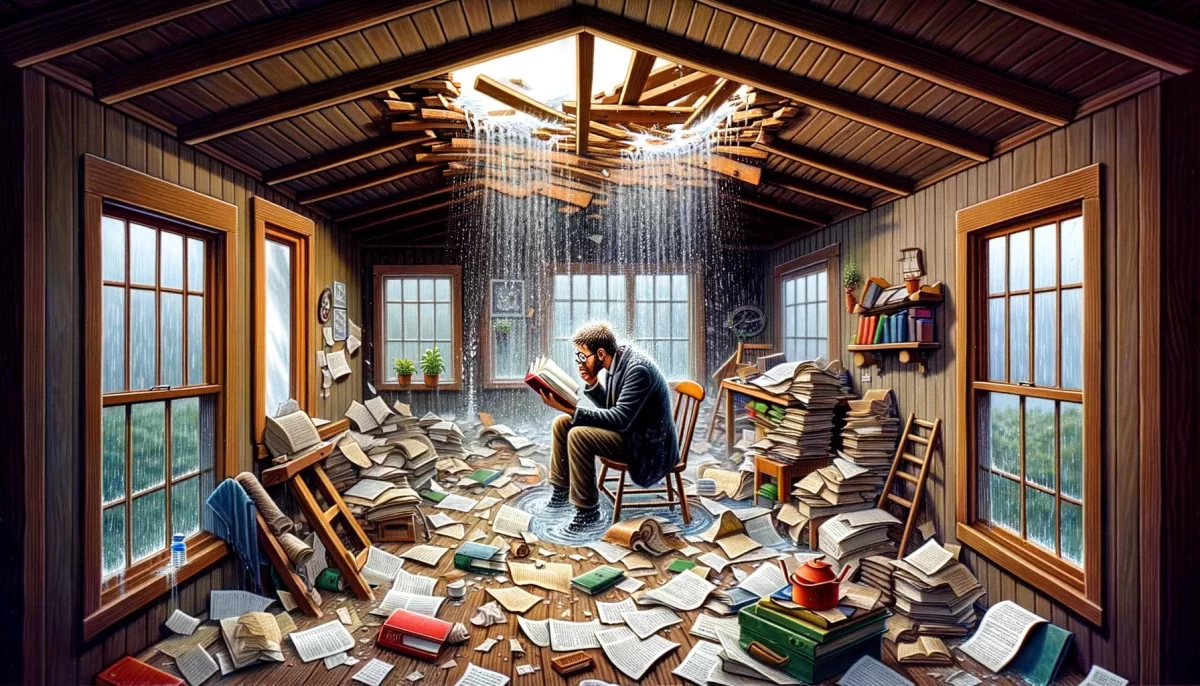
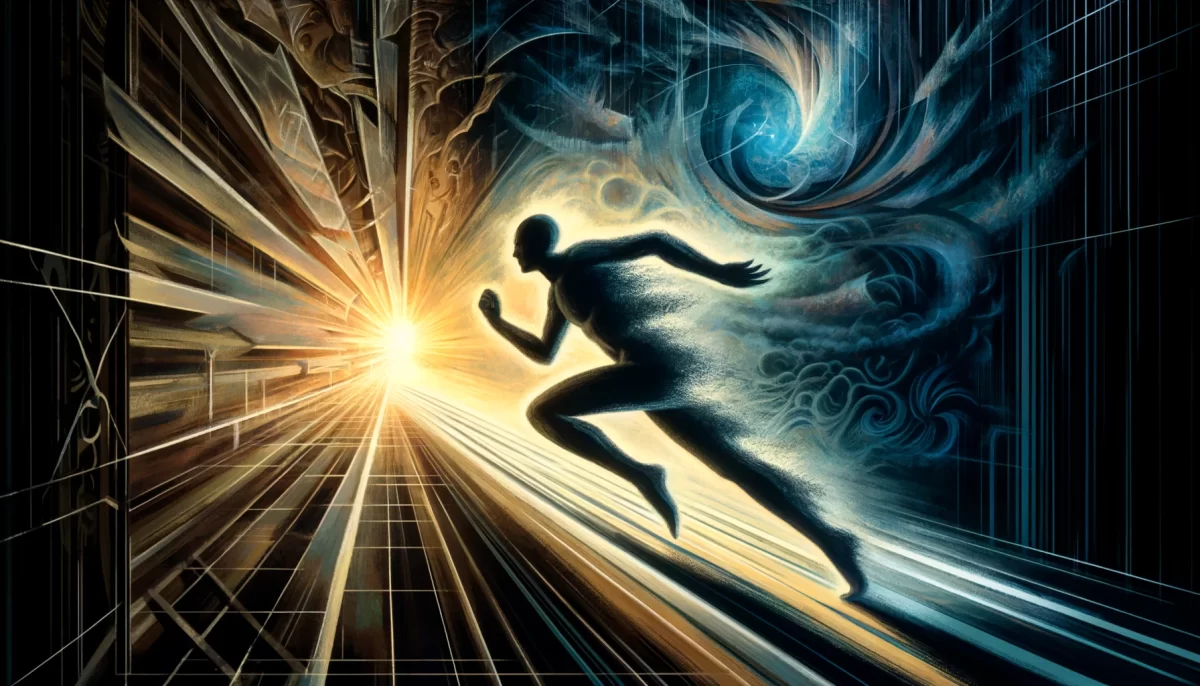
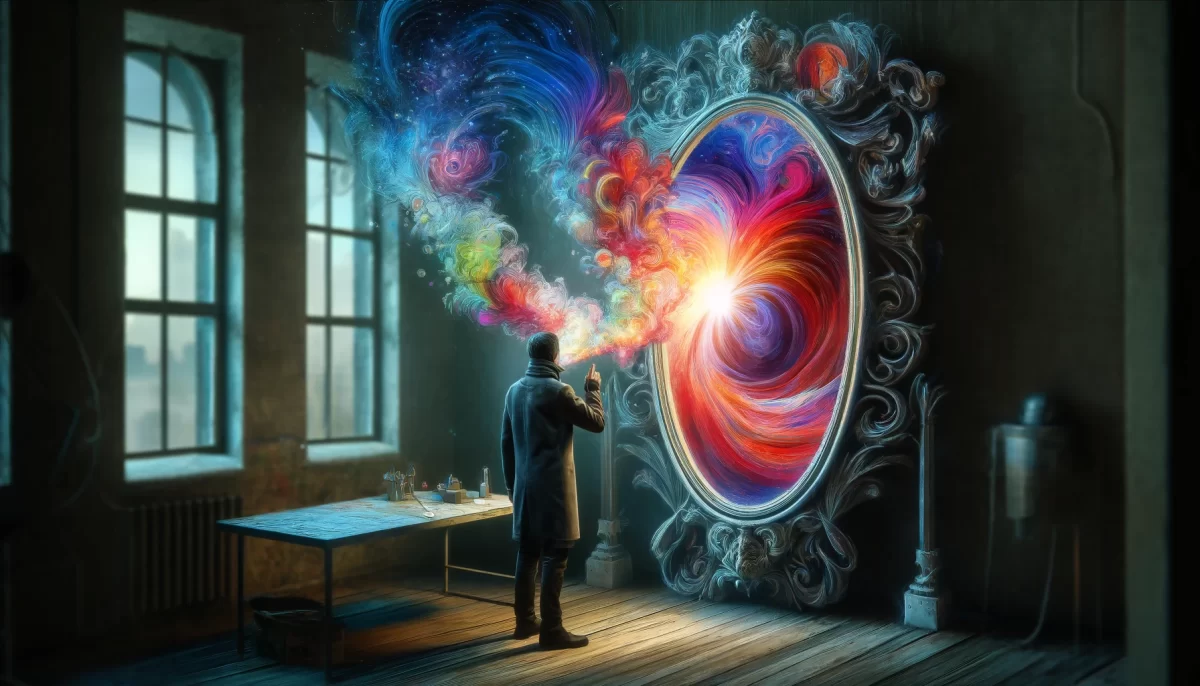
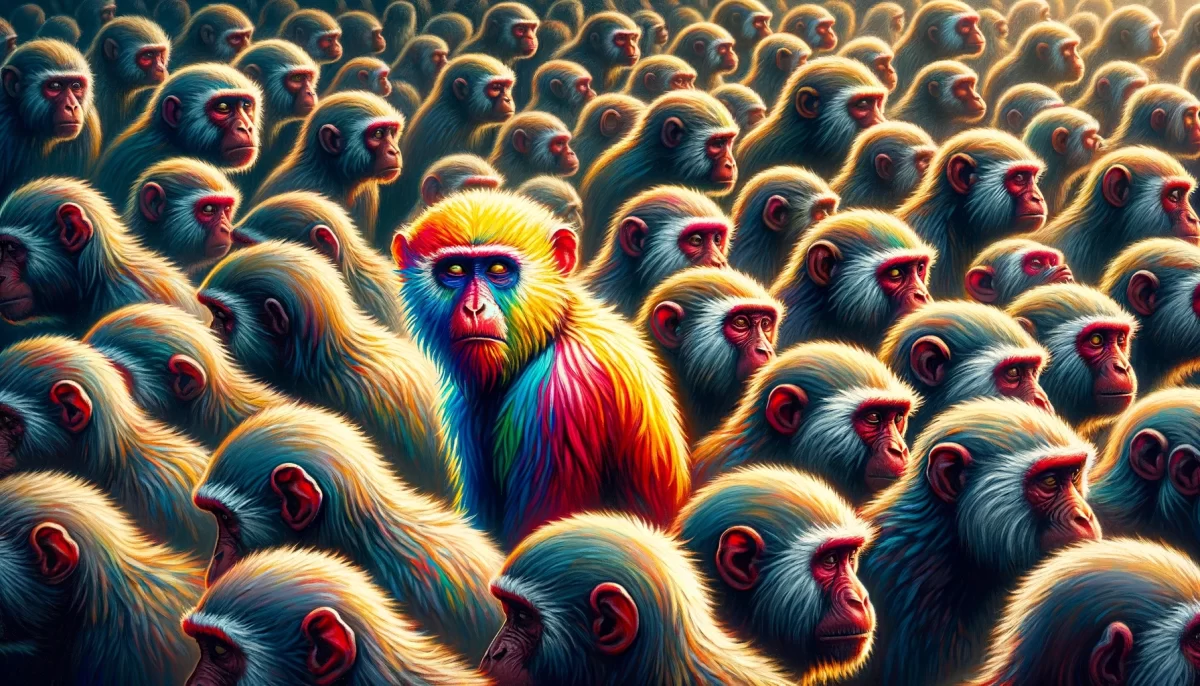
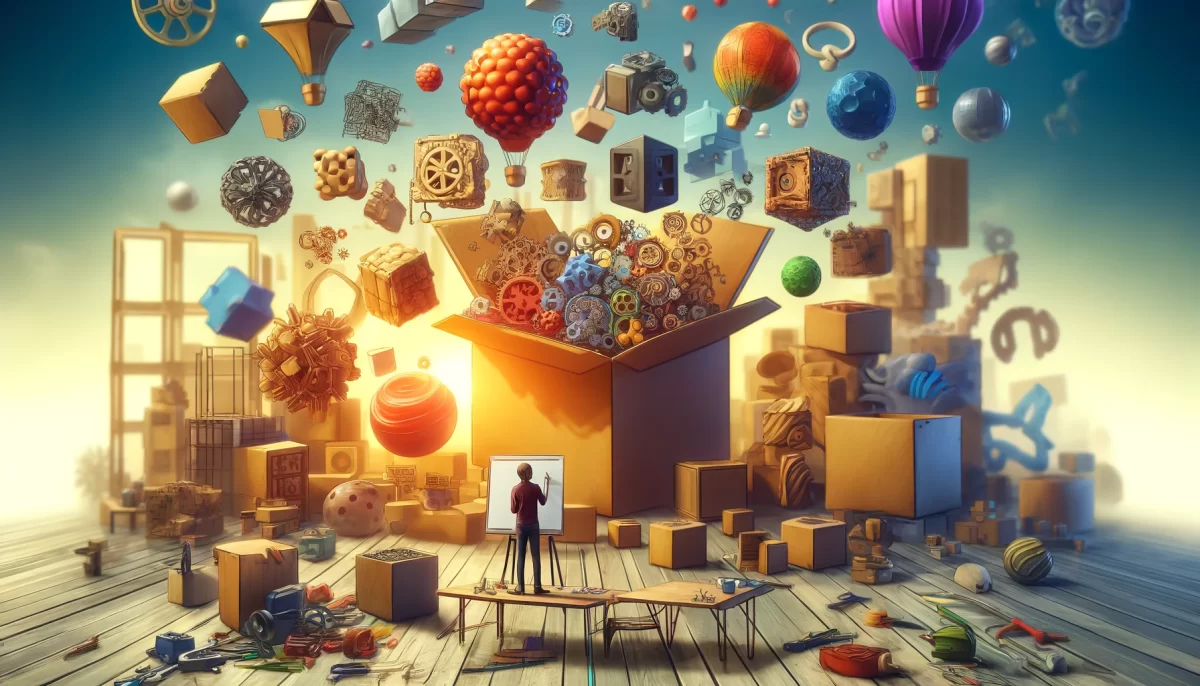
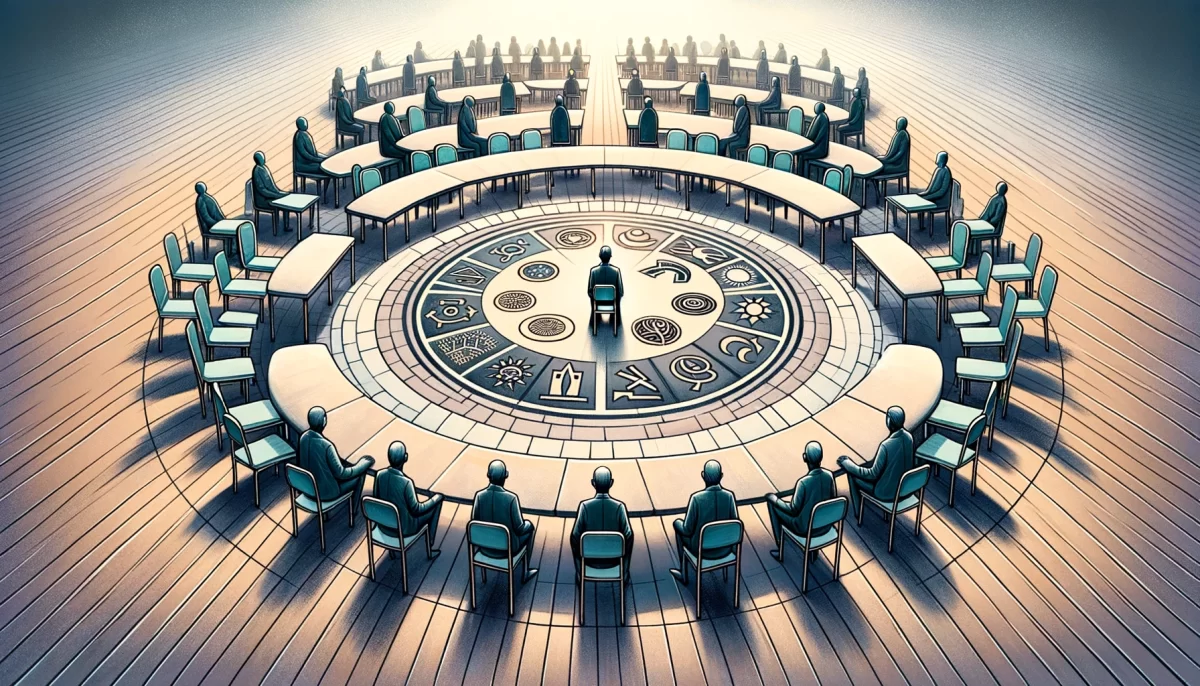
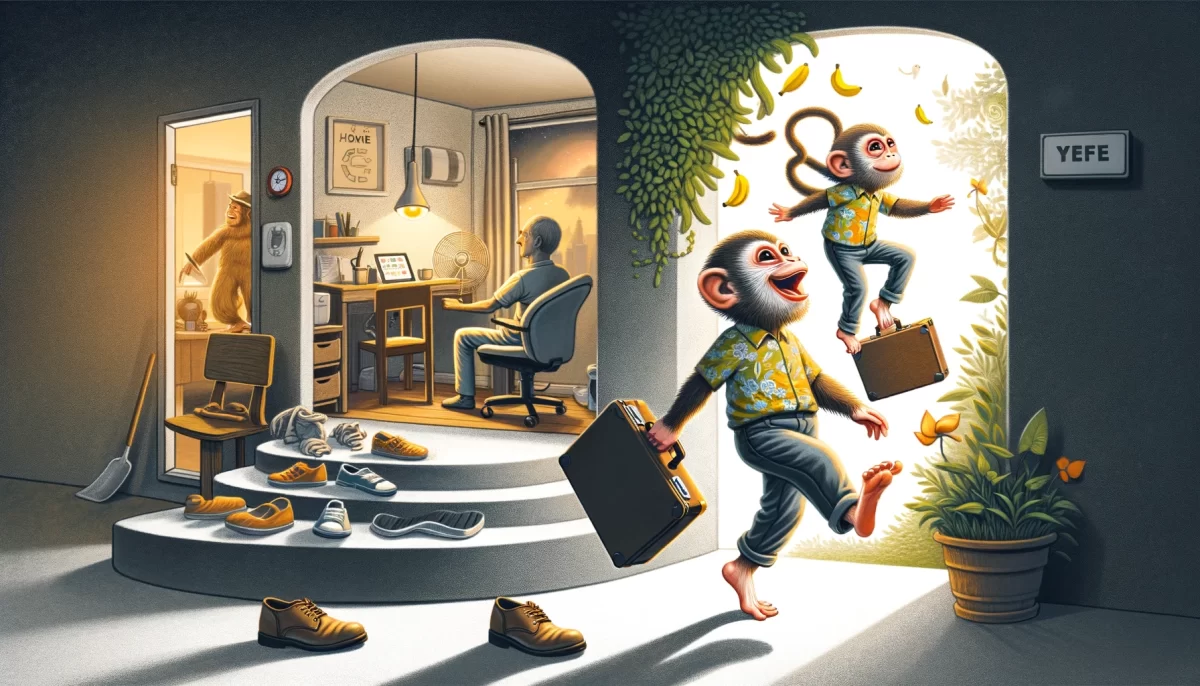
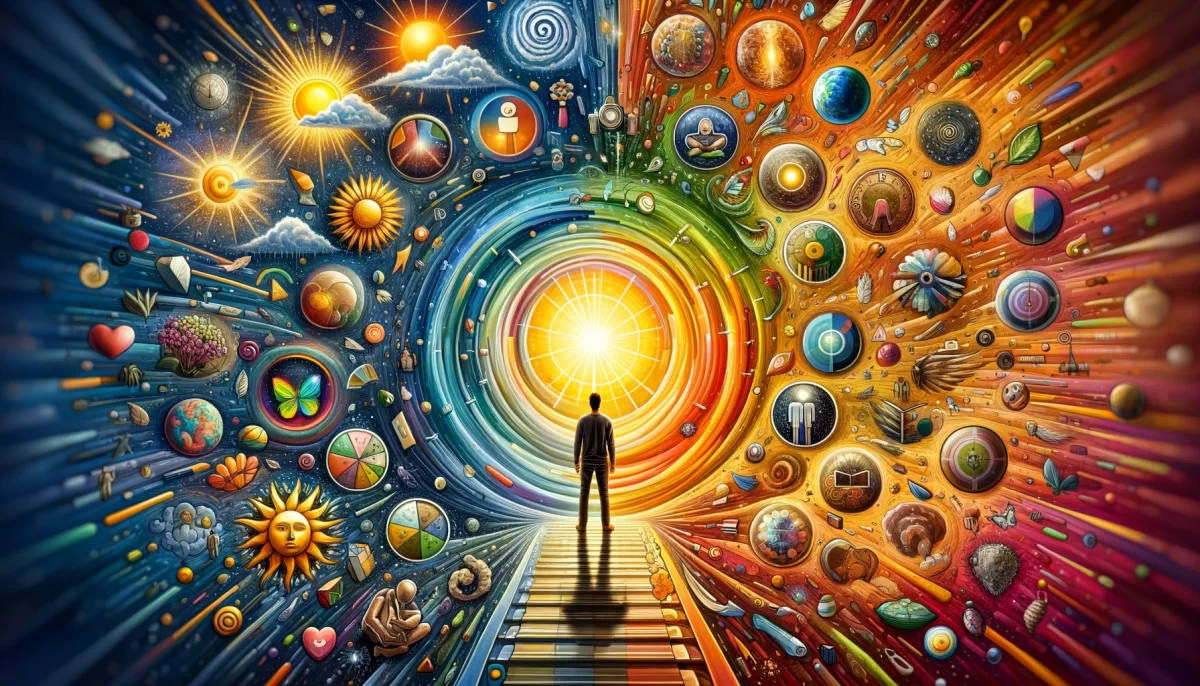
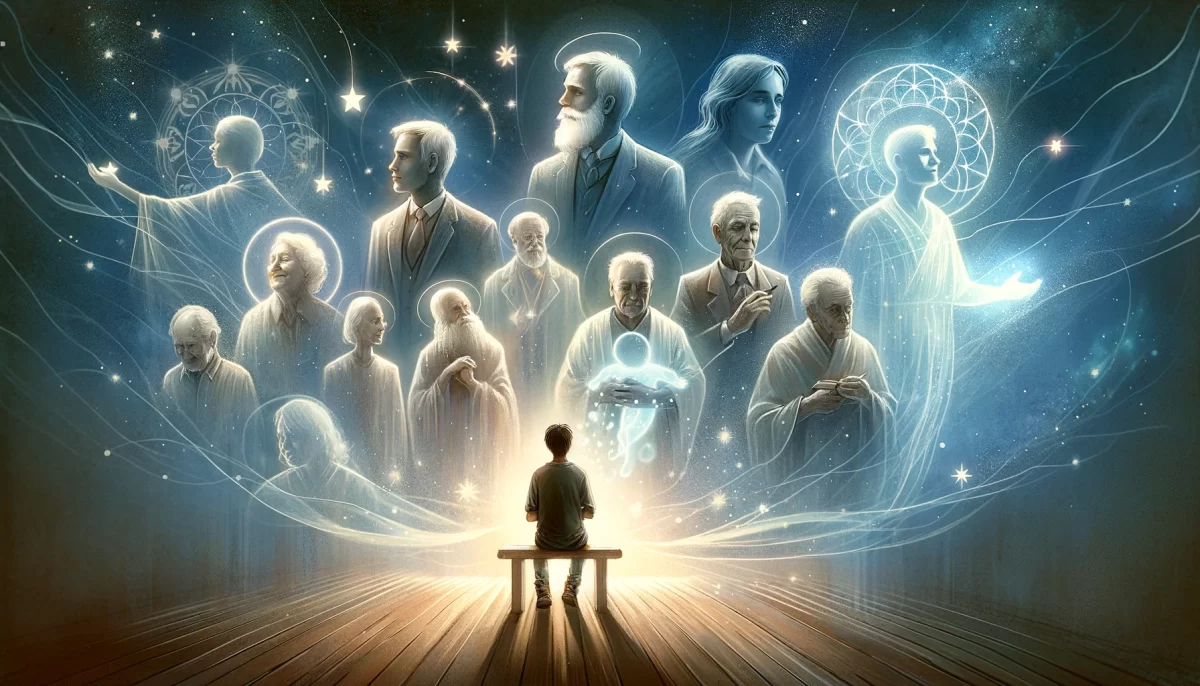
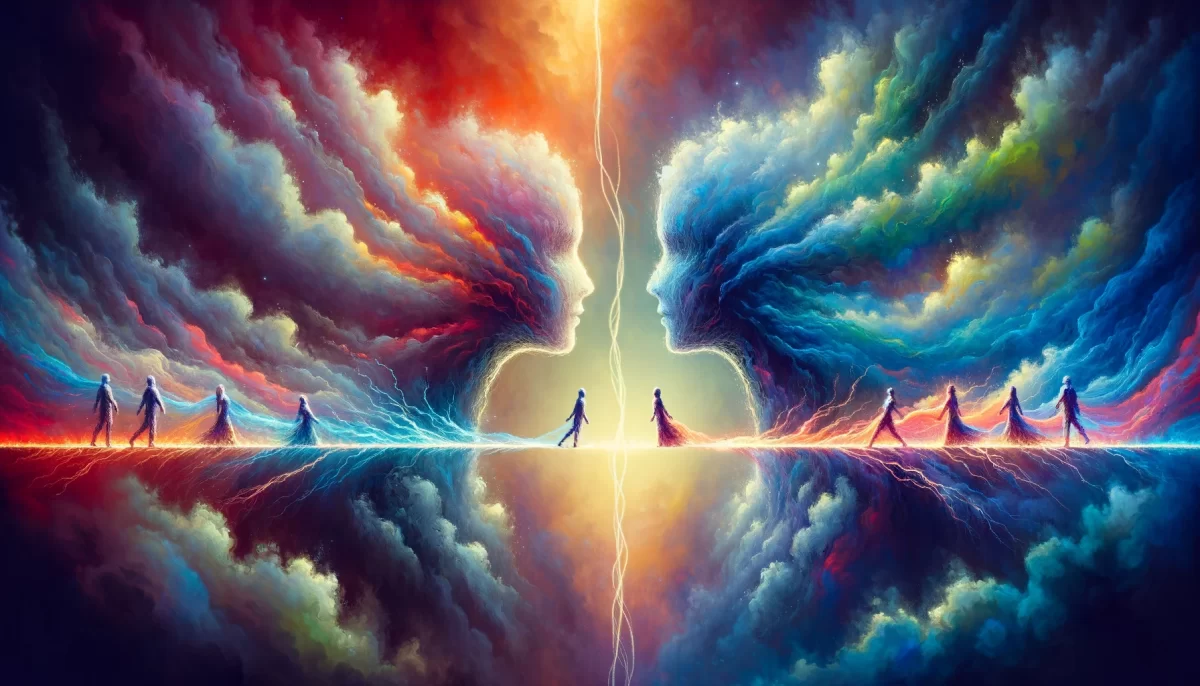
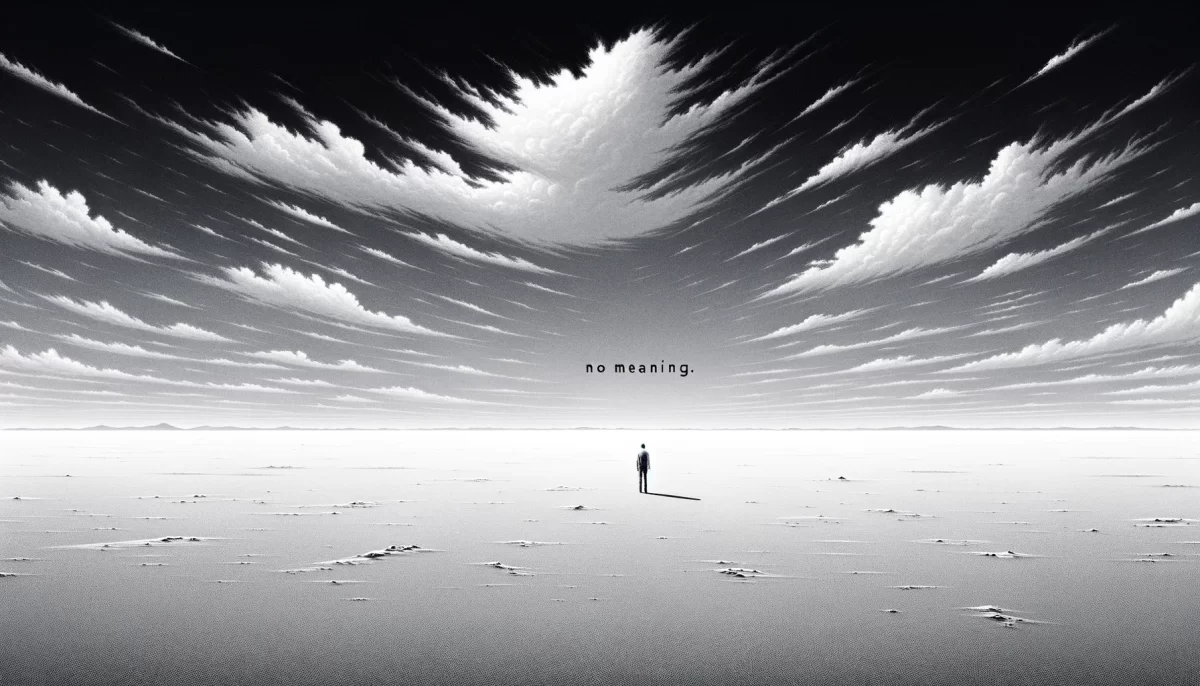
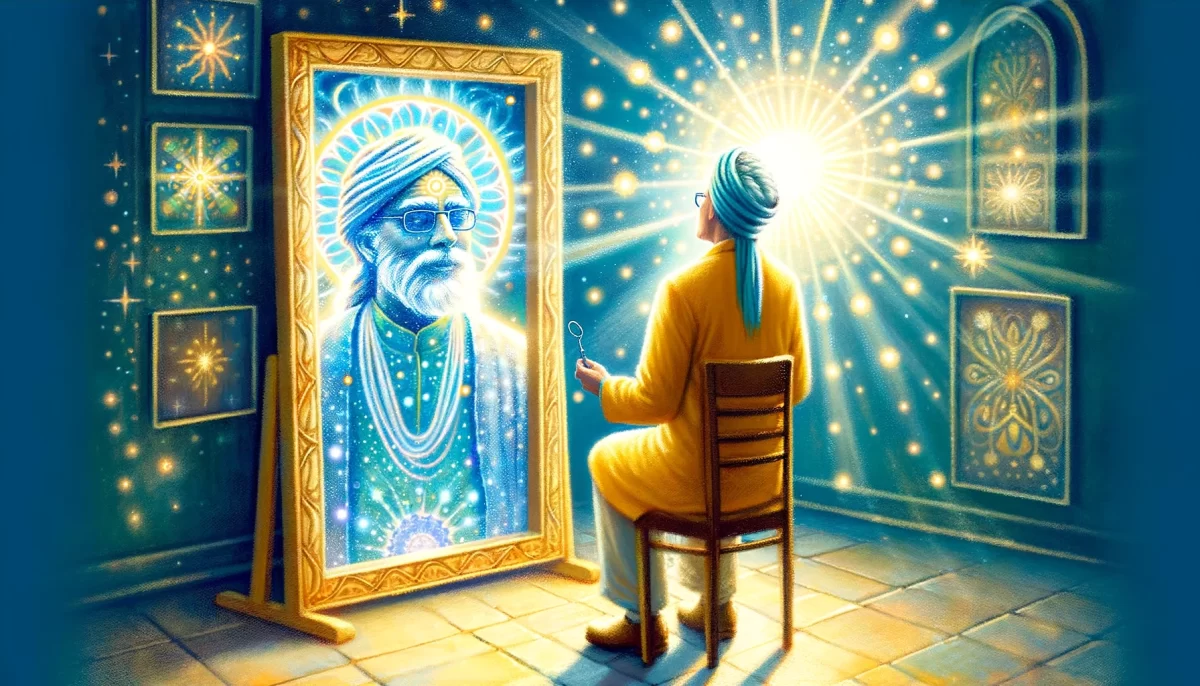
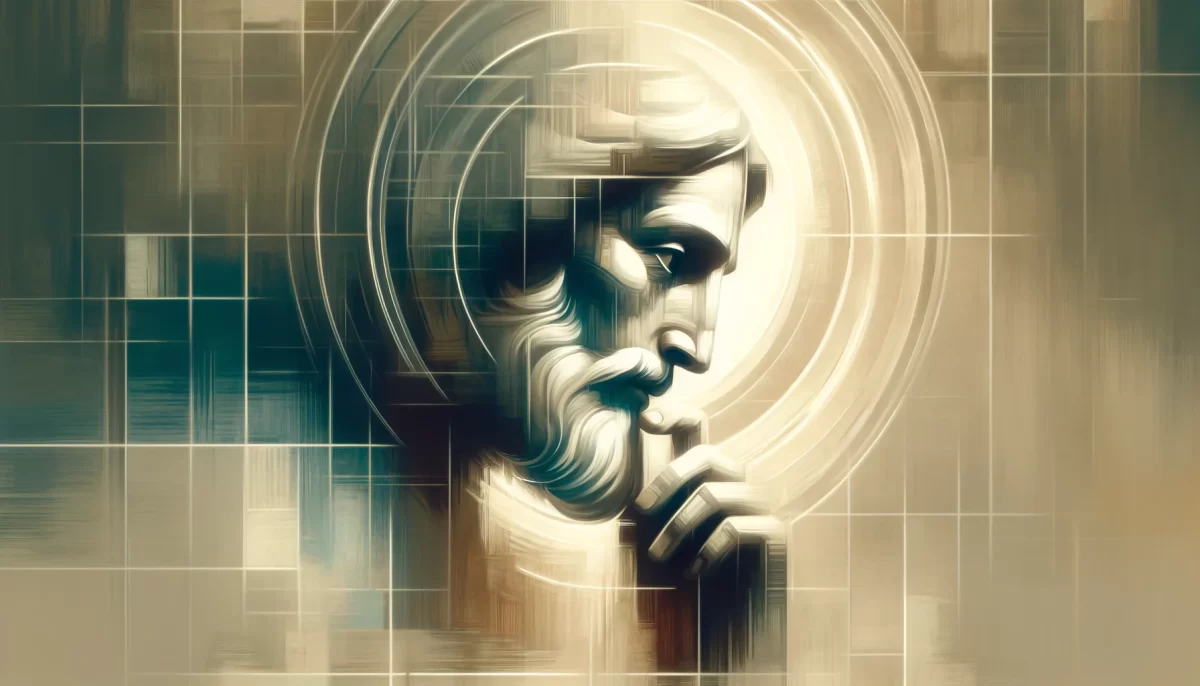
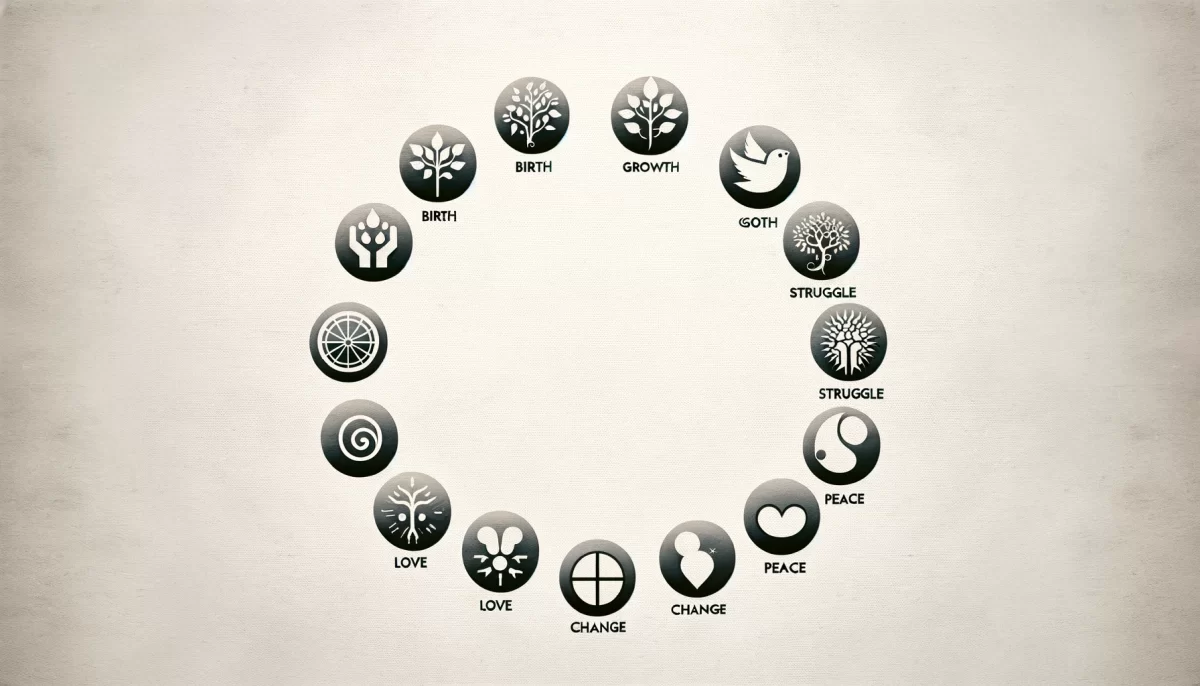
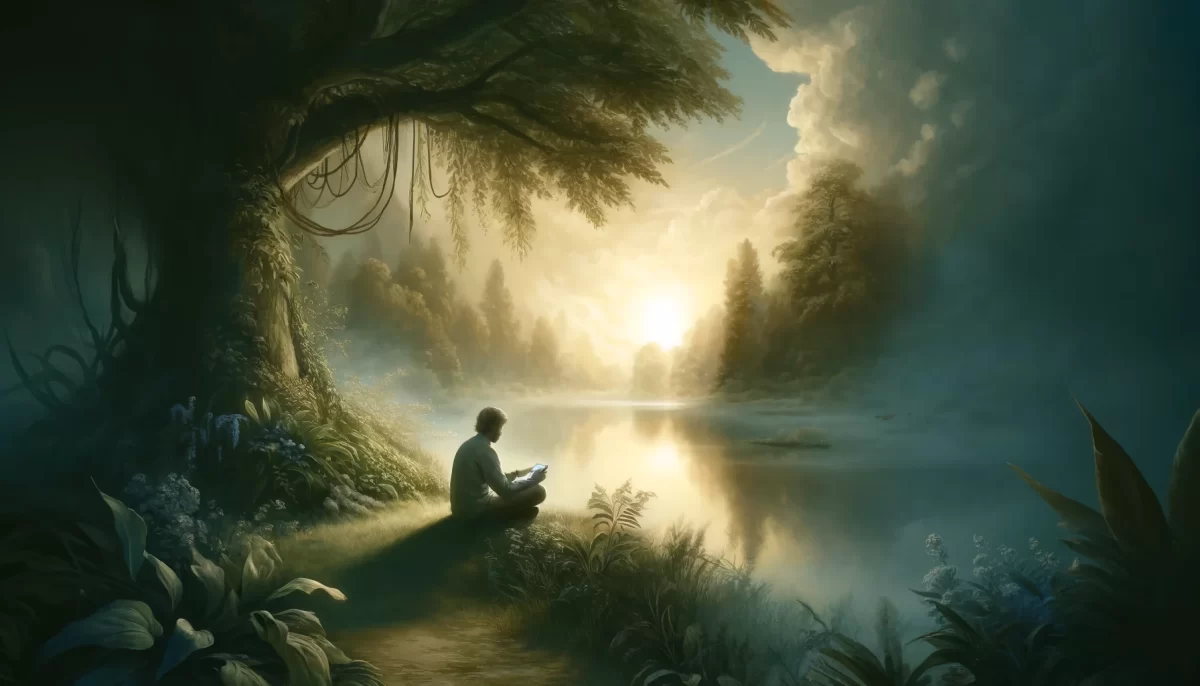
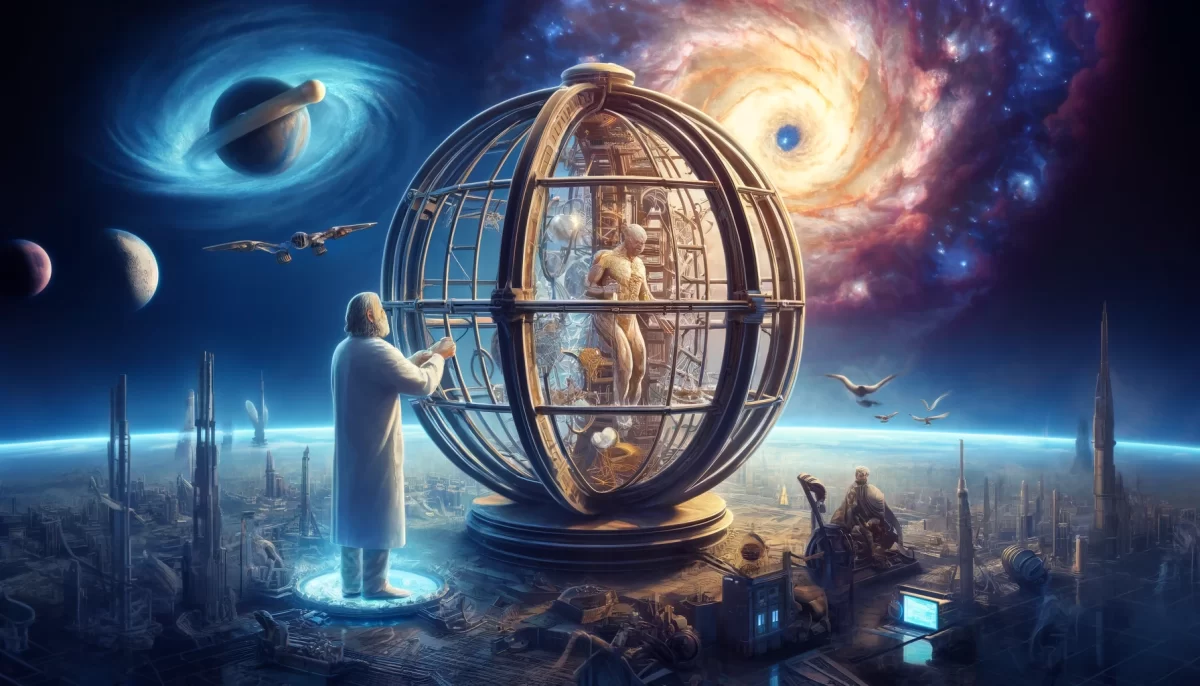
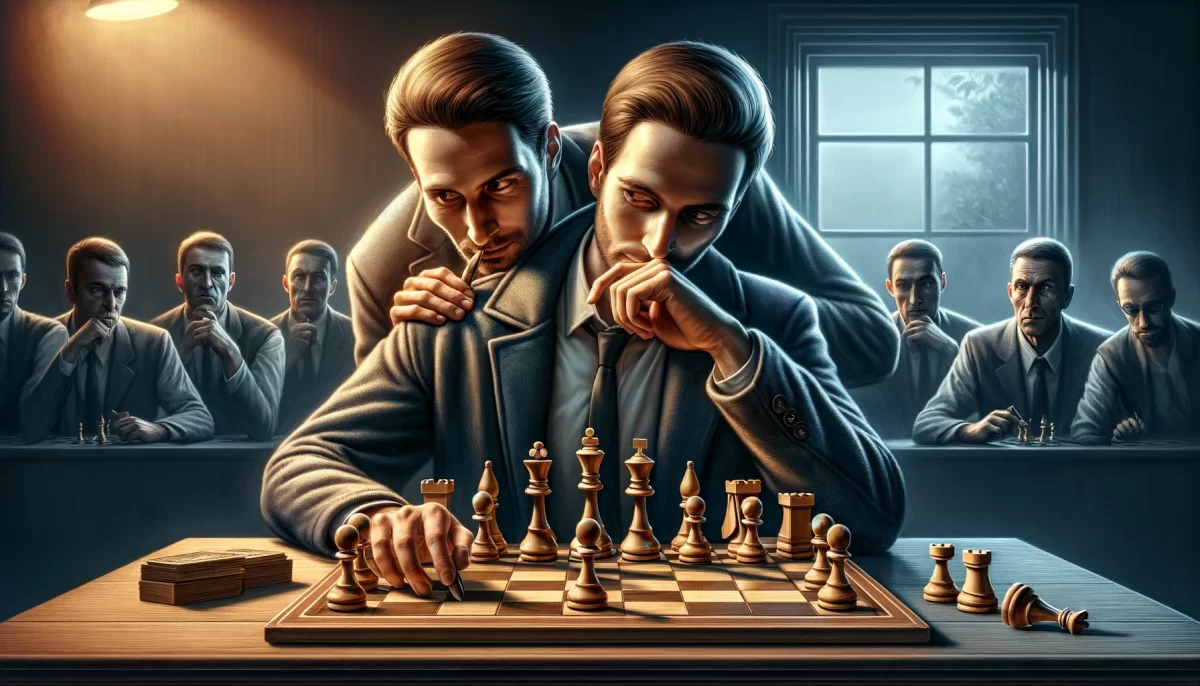
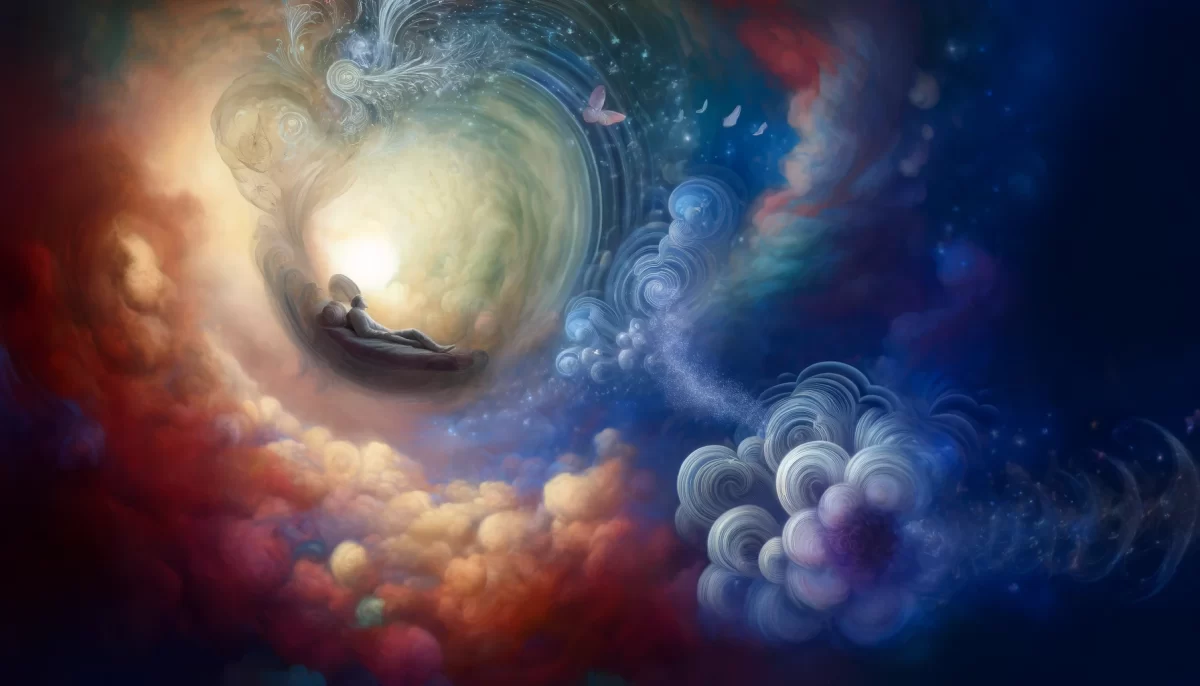
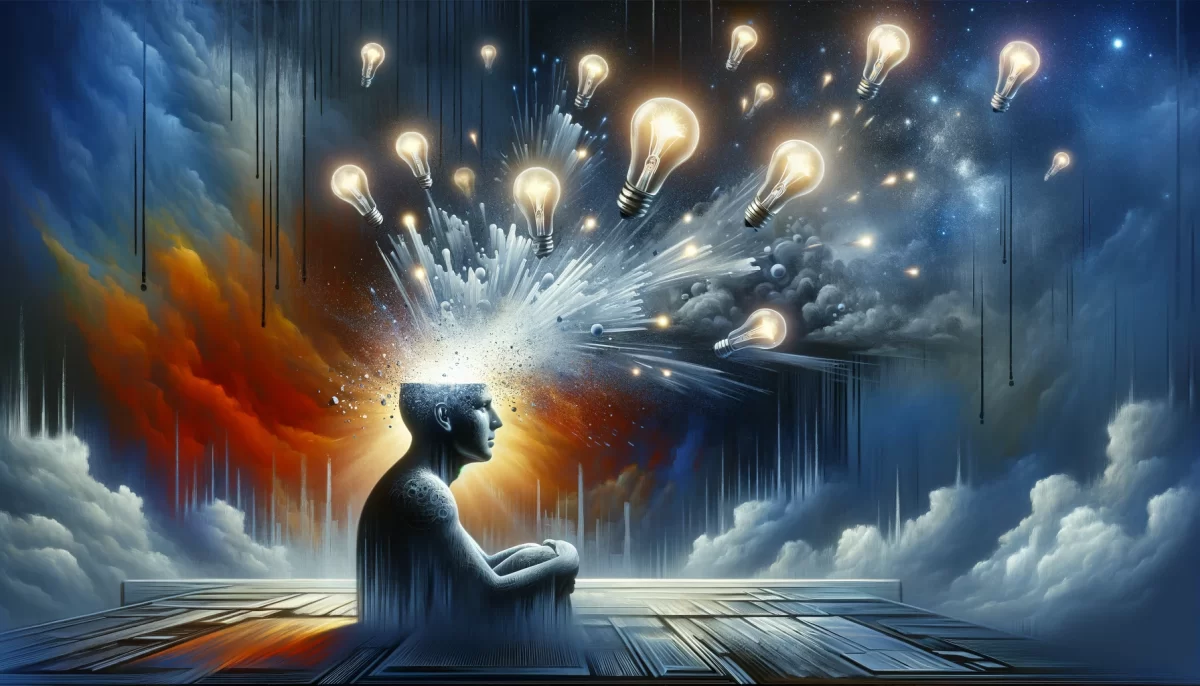
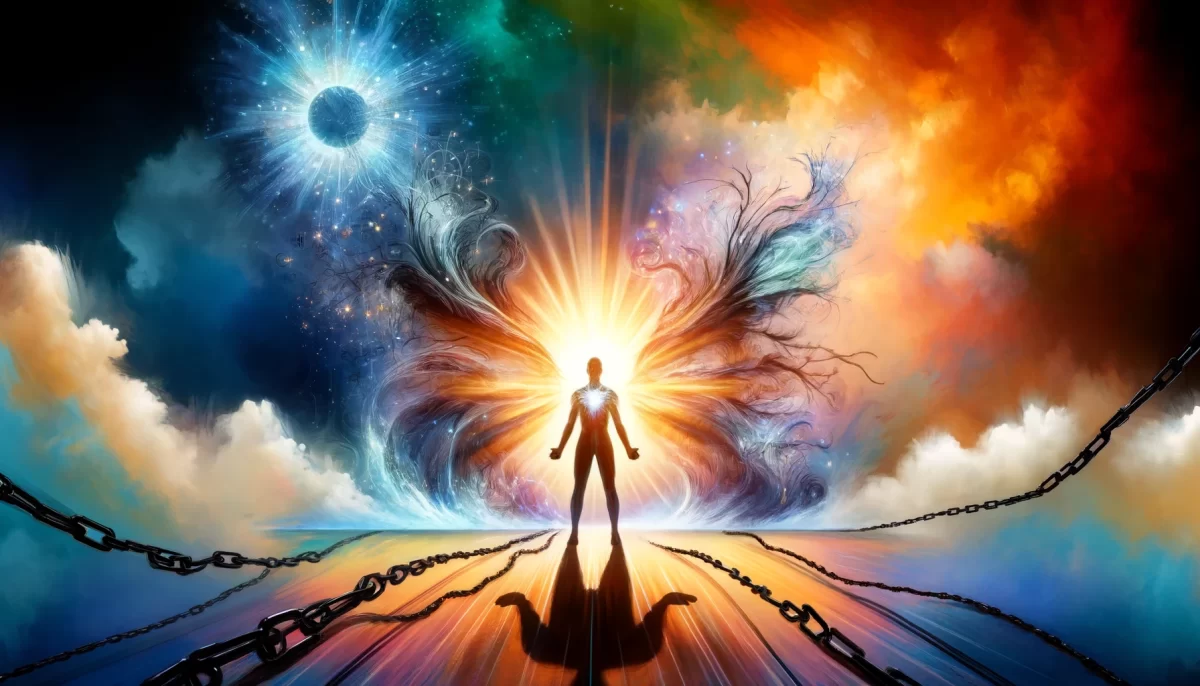
Leave a Reply